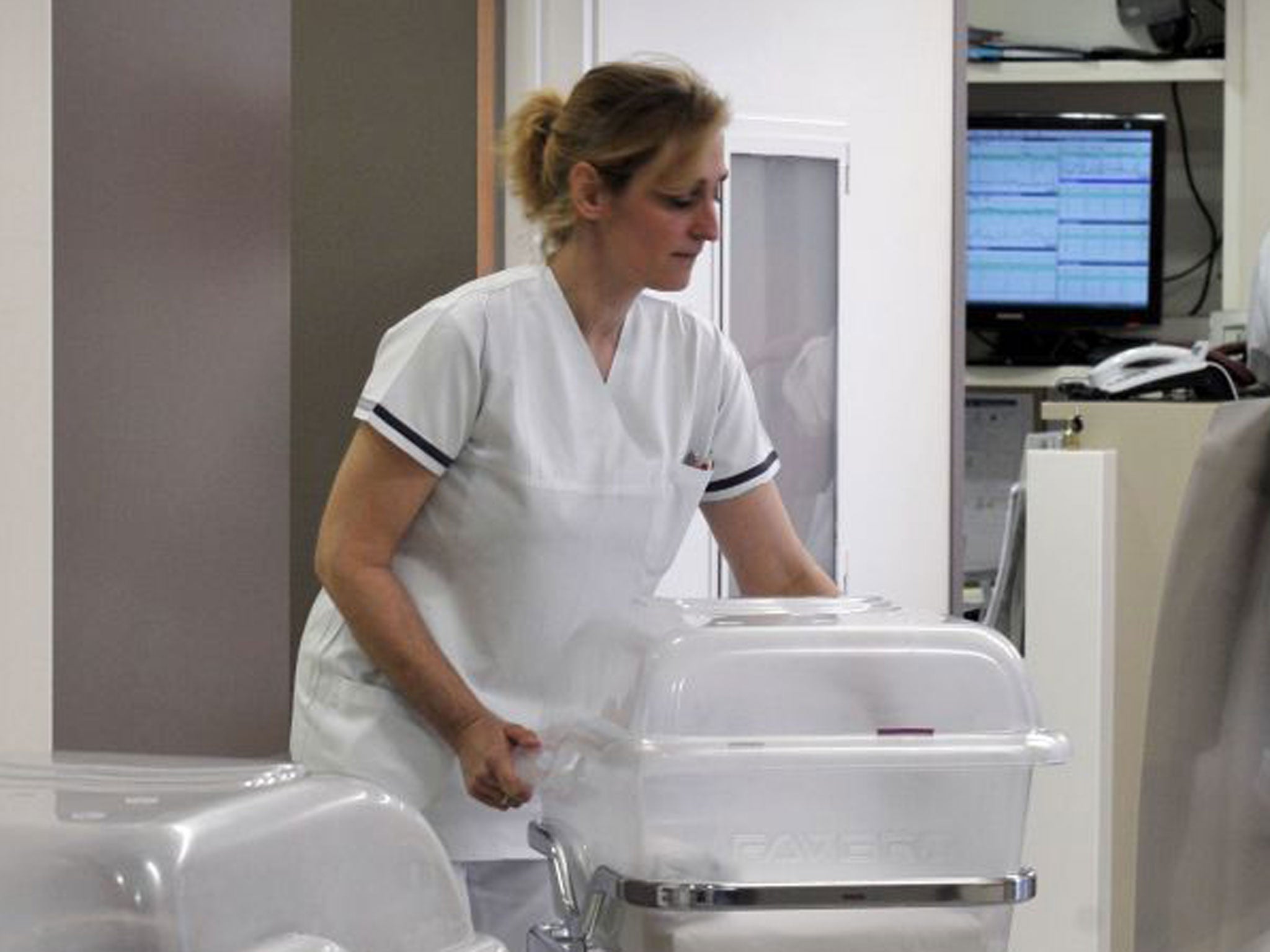What the NHS can - and can't - learn from the NHS
Caring for a relative in France prompted our writer reflect on British healthcare

Your support helps us to tell the story
From reproductive rights to climate change to Big Tech, The Independent is on the ground when the story is developing. Whether it's investigating the financials of Elon Musk's pro-Trump PAC or producing our latest documentary, 'The A Word', which shines a light on the American women fighting for reproductive rights, we know how important it is to parse out the facts from the messaging.
At such a critical moment in US history, we need reporters on the ground. Your donation allows us to keep sending journalists to speak to both sides of the story.
The Independent is trusted by Americans across the entire political spectrum. And unlike many other quality news outlets, we choose not to lock Americans out of our reporting and analysis with paywalls. We believe quality journalism should be available to everyone, paid for by those who can afford it.
Your support makes all the difference.A close family member is in hospital in France. They required an operation for a broken back following a serious car accident. The details are only necessary to illustrate the level of care that my relative now requires.
Another detail: they also worked, as indeed have I, in hospitals in the UK for many years. I continue to do so. So it is of great interest for me to spend six to seven hours a day in the contemporary French hospital system with my relative and to think how different it might have been had they been cared for in the UK.
First, it is likely my relative would have gone straight into a neurosurgical unit in England rather than waiting for two weeks as they did here in France ,where her GP managed the care with home treatment and physio assessments.
Second, once admitted to a hospital, it is likely they should not have found themselves automatically, as a matter of course, placed in a single private room with en suite facilities, wardrobe, television, phone and window overlooking a garden.
Thirdly, they are unlikely, during the period of enforced bedrest immediately prior to and immediately following surgery, to have received old fashioned ‘blanket baths’ on a regular basis. Fourth, in my experience, the ward rounds appear on the face of it rather similar: twice daily visits from the surgeon and attendees.
The difference is that the constituency of staff here in France include a physio, a pharmacist, a radiologist, a nurse and a consultant. No students or junior medical staff appear to attend and the tone of the meeting is somewhat more formal than in the UK. No one dreams of calling the elderly relative by their Christian name.
Apart from this, all the same general nursing and medical procedures are followed in a similar way: the drugs are similar, although it appears ketamine is more frequently employed to calm the nerves; the blood pressure, pulse and temperature are rigorously recorded, the dressings are regularly changed; drips are put up, taken down.
But perhaps the most striking difference is the manner on which the nursing and auxiliary team members care for my relative. They care frequently, respectfully, attentively, willingly, promptly, regularly and appropriately. Nothing is too much trouble. Pain relief is administered immediately it is asked for. Same applies to coffee, tea, food, clean sheets, fresh air, floor sweeping, showering.
Beyond these routine requests, oils and emollients are applied to keep skin soft and itch and blemish free; feet are massaged; calves stretched; wheelchair excursions to the garden offered when the sun shines; the sun shines.
I shall admit there may be fewer smiles the Gallic demeanour cannot stretch that far, but far rather would I a scowling helpful and courteous attendant, than the jolly unhelpful, no sorry love can’t do that, sorry in a minute, sorry paperwork to finish, sorry got to wait, sorry short staffed, sorry, no time, sorry not allowed creatures that prowl the current NHS.
We have got to come up with a better way to have nursing be nursing; care be care. We do most of the medical, technical wizardry exceptionally well. And free at the point of access is a world class gem. But basic, basic caring staff...well, should we forfeit a few degrees? Not here. In France. Where even the technician training for her degree in functional magnetic imaging gets to spend an entire year on the wards caring for helpless postoperative, post-scanning patients.
Join our commenting forum
Join thought-provoking conversations, follow other Independent readers and see their replies
Comments